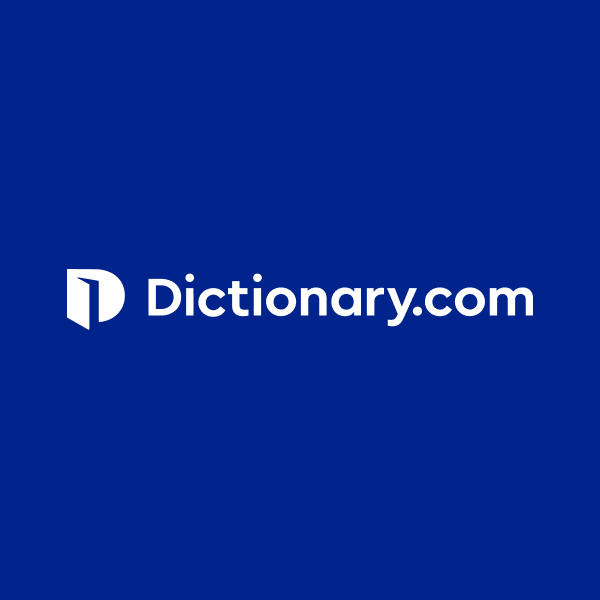This World War 1 dictionary is a comprehensive resource for anyone interested in learning more about the events and causes of WWI. It includes information about key figures, battles, places, strategies, people, and other relevant topics related to WWI. Additionally, it provides helpful answers to commonly asked questions about WWI for easier navigation of this complex subject.

Table Of Content:
- World war i Definition & Meaning | Dictionary.com
- World War 1 - Dictionary Definition : Vocabulary.com
- World War 1 - definition of World War 1 by The Free Dictionary
- World War I | Definition of World War I by Merriam-Webster
- World War I: Glossary and Terms
- World War I glossary
- 100 words that define World War I | Oxford English Dictionary
- The Biographical Dictionary of World War II ... - Amazon.com
- Navajo Code Talker Dictionary
- DOD Dictionary of Military and Associated Terms, August 2021
1. World war i Definition & Meaning | Dictionary.com
https://www.dictionary.com/browse/world-war-i
2. World War 1 - Dictionary Definition : Vocabulary.com
https://www.vocabulary.com/dictionary/World%20War%201a war between the allies (Russia, France, British Empire, Italy, United States, Japan, Rumania, Serbia, Belgium, Greece, Portugal, Montenegro) and the ...
3. World War 1 - definition of World War 1 by The Free Dictionary
https://www.thefreedictionary.com/World+War+1
4. World War I | Definition of World War I by Merriam-Webster
https://www.merriam-webster.com/dictionary/World%20War%20I
5. World War I: Glossary and Terms
https://www.ducksters.com/history/world_war_i/ww1_glossary_and_terms.php
Western front - The region of fighting that took place in Western Europe between Germany and Austria-Hungary on one side and France, Britain, and (later) the ...
6. World War I glossary
https://alphahistory.com/worldwar1/world-war-i-glossary-a-d/
Sep 28, 2017 ... This World War I glossary contains definitions of words and ... Chlorine gas was one of several chemical weapons used during World War I. It ...
7. 100 words that define World War I | Oxford English Dictionary
https://public.oed.com/blog/june-2014-update-100-words-that-define-world-war-i/
8. The Biographical Dictionary of World War II ... - Amazon.com
https://www.amazon.com/Biographical-Dictionary-World-War-II/dp/0891415483
9. Navajo Code Talker Dictionary
https://www.history.navy.mil/research/library/online-reading-room/title-list-alphabetically/n/navajo-code-talker-dictionary.html
10. DOD Dictionary of Military and Associated Terms, August 2021
https://www.jcs.mil/Portals/36/Documents/Doctrine/pubs/dictionary.pdf
As directed in Joint Publication (JP) 1, Doctrine for the Armed Forces of the ... of action is proportional, worth the cost, consistent with the law of war, ...
What was the main cause of World War I?
The assassination of Archduke Franz Ferdinand is widely seen as the spark that ignited World War I in 1914. It led to an alliance system whereby nations declared war on each other based on their respective allegiances. Additionally, militarism and nationalism were also factors that contributed to the tensions leading up to WWI.
Who were the countries involved in WWI?
The countries involved in WWI included Austria-Hungary, Germany, Russia, France, Ottoman Empire (Turkey), Serbia and its allies (including Britain). Germany and its allies were known as the Central Powers while Russia and its allies formed the Allied Powers.
What technological innovations emerged from WWI?
World War I saw many new technologies emerge from both sides including fighter planes, submarines/torpedo bombers, tanks/armored cars and machine guns among other weapons and equipment. Additionally new tactics such as trench warfare also appeared during this period.
How did WWI end?
WWI ended with an armistice signed between the Allied Powers and Central Powers on November 11th 1918 (also referred to as Armistice Day). This agreement marked the official end of hostilities between all involved parties.
Conclusion:
This dictionary provides an invaluable resource for understanding one of history’s most important conflicts – World War I. It serves as a wealth of knowledge regarding all aspects surrounding this era including key people, places battles and technological innovations. Whether you’re a student or an enthusiast looking to learn more about WWI – this dictionary has something for everyone!
